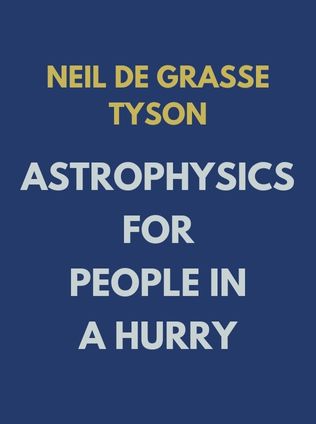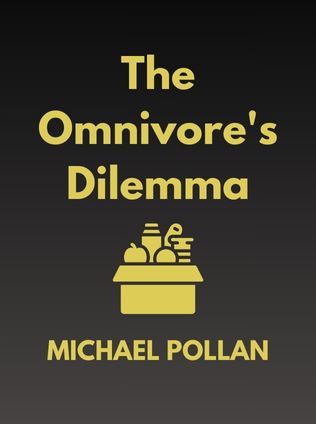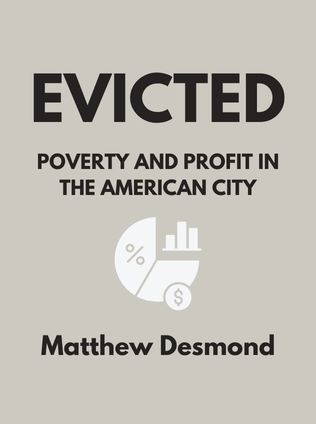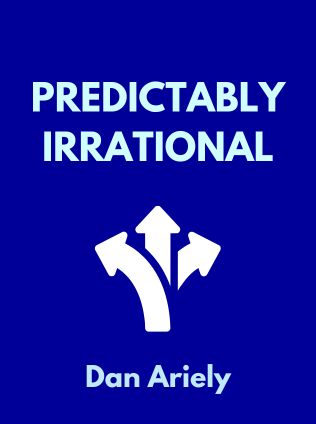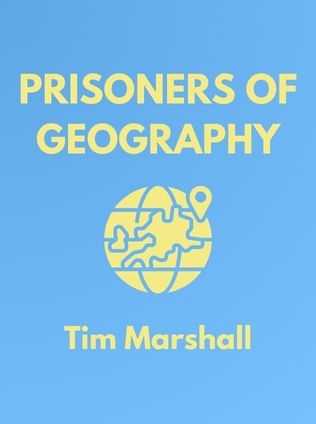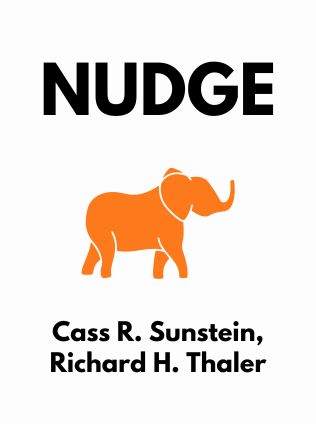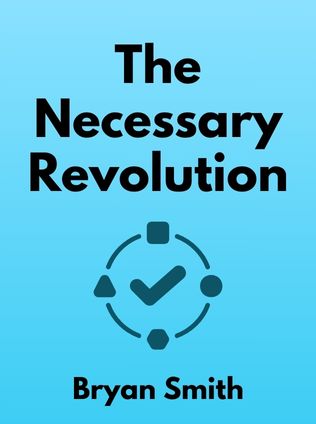
The Necessary Revolution
How Individuals and Organizations Are Working Together to Create a Sustainable World
By Bryan Smith,
Published 06/2008
About the Author
Peter Senge, renowned for his work on systems thinking and organizational learning, serves as a senior lecturer at MIT and is the founding chair of the Society for Organizational Learning (SoL). He is a prolific author, known for his influential books such as "The Fifth Discipline," which has become a cornerstone in the field of learning organizations. Senge's work focuses on creating sustainable and adaptive organizations that can thrive in an ever-changing world.
Bryan Smith, co-author of this book, is the president of Broad Reach Innovations Inc., where he works on innovative solutions for sustainability. Nina Kruschwitz, another co-author, is the editor of "Reflections: The SoL Journal on Knowledge, Learning, and Change," providing a platform for thought leaders in sustainability and learning. Joe Laur, vice president of content for Greenopolis.com, and Sara Schley, a mentor for the Harold Grinspoon Foundation, both bring extensive experience in sustainability and organizational development to the book.
Together, these authors combine their expertise to present a vision for a sustainable future, urging individuals and organizations to adopt new paradigms that respect the limits of our planet and foster long-term well-being.
Main Idea
"The Necessary Revolution" articulates a compelling vision for transitioning from the destructive practices of the Industrial Age to a sustainable and regenerative future. The book emphasizes the urgent need to rethink our economic and social systems, advocating for a shift from linear, wasteful processes to circular, restorative ones. The authors argue that sustainability is not just a moral imperative but a practical necessity for businesses and communities to thrive in the 21st century.
Central to this revolution is the concept of systems thinking, which encourages seeing the interconnectedness of various systems—natural, economic, and social. The book outlines how individuals and organizations can collaborate across traditional boundaries to address complex challenges such as climate change, resource depletion, and social inequality. The authors present a framework for sustainable value creation, encouraging businesses to align their strategies with the broader goal of ecological and social regeneration.
Table of Contents
- Endings, New Beginnings
- A Future Awaiting Our Choices
- How We Got Into This Predicament
- The Case for Urgency: The 80-20 Challenge
- Life Beyond the Bubble
- The Future Is Now
- Getting Started
- Seeing Systems
- Collaborating Across Boundaries
- From Problem Solving to Creating
- You Don't Have to Have All the Answers
- The Future
Endings, New Beginnings
The opening chapter discusses the end of the Industrial Age and the dawn of a new era characterized by sustainability and regeneration. The authors highlight the dual nature of the Industrial Age, which brought unprecedented advancements but also led to significant environmental and social challenges. The transition away from this era is not merely an end but a necessary beginning, offering an opportunity to create systems that are in harmony with the natural world.
The authors emphasize the importance of recognizing this transition as an opportunity to reimagine our future. They argue that the challenges we face—such as climate change and resource scarcity—are not insurmountable but require a fundamental shift in our thinking and behavior. This chapter sets the tone for the rest of the book, urging readers to embrace change and see it as a chance to build a better, more sustainable world.
"Endings are also beginnings. The Industrial Age has brought extraordinary improvements in public education, human rights, and material well-being, but it has also destroyed ecosystems, swallowed up traditional cultures that had thrived for centuries, and created a way of life that cannot continue for much longer." - Peter Senge
A Future Awaiting Our Choices
In this chapter, the authors outline three guiding principles essential for creating a sustainable future: intergenerational responsibility, the importance of institutions, and the need for new ways of thinking. They argue that any viable path forward must consider the needs of future generations, recognizing that our actions today will have long-term consequences. Institutions, whether governmental, corporate, or civil society organizations, play a crucial role in shaping these outcomes.
Sign up for FREE and get access to 1,400+ books summaries.
You May Also Like
Rich Dad Poor Dad
What the Rich Teach Their Kids About Money - That the Poor and Middle Class Do Not!
By Robert T. KiyosakiFreakonomics
A Rogue Economist Explores the Hidden Side of Everything
By Steven D. Levitt and Stephen J. DubnerFactfulness
Ten Reasons We're Wrong About the World – and Why Things Are Better Than You Think
By Hans RoslingBraiding Sweetgrass
Indigenous Wisdom, Scientific Knowledge and the Teachings of Plants
By Robin Wall KimmererPrisoners of Geography
Ten Maps That Tell You Everything You Need to Know About Global Politics
By Tim MarshallNudge
Improving Decisions About Health, Wealth, and Happiness
By Cass R. Sunstein, Richard H. Thaler








